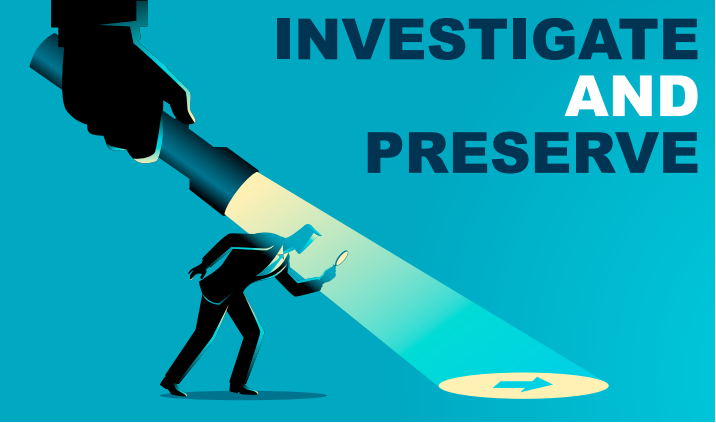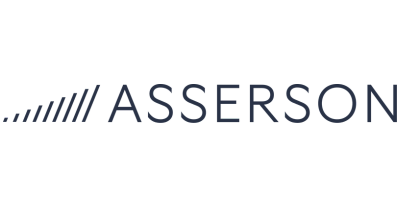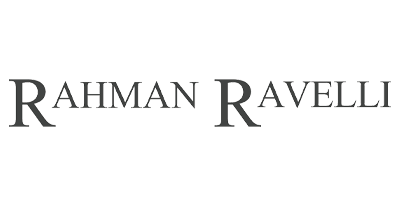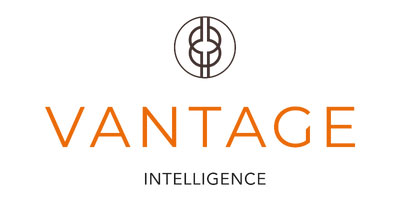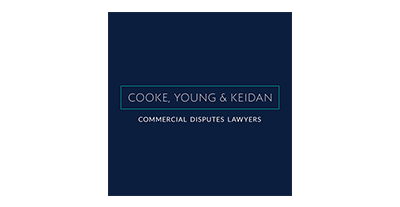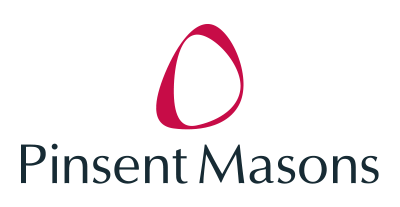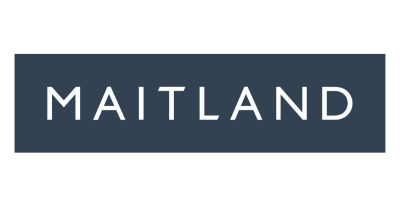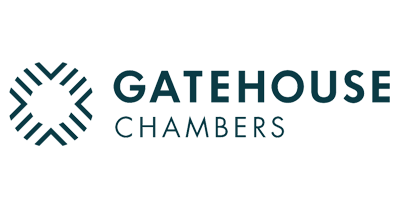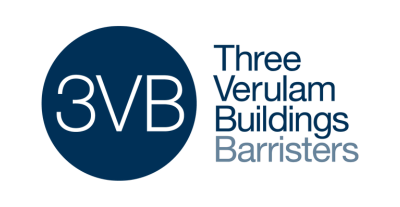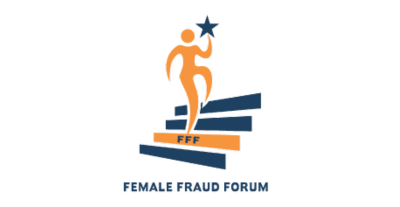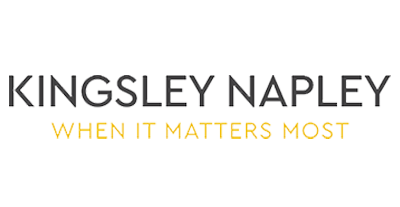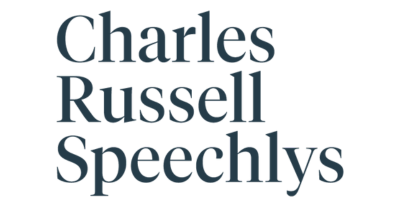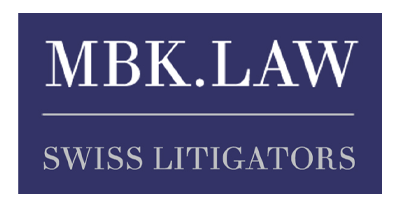Knowledge Hub
Join the Conversation!
Impartial and independent, ThoughtLeaders4 FIRE Knowledge Hub hosts cutting edge industry content and insight.
Email maddi@thoughtleaders4.com to submit content.
Investigate and Preserve
Date: 15/07/2020 Type: Articles Topic: FIRE | Insolvency | Civil Fraud | International | Enforcement | Offshore |Shaun Reardon-John outlines why pre-action asset investigation and preservation is going to be crucial during the Coronavirus crisis.
As legendary investor Warren Buffet once stated: “It is only when the tide goes out that you learn who has been swimming naked.”
Right now that statement feels ominously accurate. Those who lived and worked through the last financial crisis will be all too aware that fraud is often exposed during a receding market… and those behind the fraud are not always those creditors expect. Even now, there are still remnants of cases that stemmed from that period in 2008 making their way through the court system.
It is clear that there will be difficult times ahead for many companies, both large and small. Cash is king and even corporate entities backed by the wealth of billionaires are finding themselves in trouble, particularly if their assets are illiquid.
With governments around the world trying to keep economies alive on life support, some inevitable failures will be delayed – but not necessarily prevented.
Nowhere was this seen more clearly than in the mortgage market during the last financial crisis. Large numbers of self-certification mortgages were approved without any checks, based on inflated valuations agreed by valuers who were complacent in a rising market. Exposing those weaknesses in the system then invited fraudsters to run riot, which they did with ease. Law firms were brought down by rogue conveyancing practitioners, who often fled jurisdictions having stolen significant sums before the banks or the firm’s other partners had realised what had happened.
Some companies may be able to ride the storm this time round, or even be able to take advantage of the situation. However, many others will be forced to lay off staff. The airline industry is already undergoing a wave of redundancies (BA alone has announced 12,000 redundancies, Virgin Atlantic 3,000 and Ryanair a similar number). Companies with a quickly contracting workforce could be exposed to internal or external fraud as people adjust to new roles and responsibilities.
Where previously several people might have been involved in approving significant transactions, the reorganisation of companies could see these decisions placed in the hands of one or two personnel. Other areas of concerns will be government grants. In the panic to keep the economy afloat there will be unscrupulous parties seeking government funding for phantom projects. Locating the proceeds of these frauds and assessing the enforcement prospect at the outset will be crucial to prevent the proceeds of crime being layered through corporate structures over several jurisdictions, each fronted by nominees.
After the 2008 crash, our lawyers at Martin Kenney & Co. were heavily involved in tackling the after-effects of several notorious Ponzi schemes. Those who had invested with Bernie Madoff and Allen Stanford soon found out they faced possible ruin. Those who’d withdrawn their money early often received a windfall from their Ponzi “interest”; those who had not and remained “invested” often suffered catastrophic losses.
The recent Privy Council decision in Stanford International Bank [2019] UKPC 45, in which our team was involved, took a divergent approach to the US courts and declared that losses should fall where they landed. In the US, the Receiver was able to recover sums from deemed ‘net winners’. These decisions will no doubt lead insolvency and legal practitioners to consider the best jurisdictions for recovery proceedings to be initiated. We may in the end see otherwise competing practitioners working more collaboratively to maximise recovery for creditors.
Looking forward, how claims are pursued could be about to drastically change. If there is a second or third wave of Covid-19, witnesses and experts are likely to be unwilling to travel. Conversely, it will likely be easier to locate people who may otherwise keep on the move. Ourselves and colleagues are already noticing that clients are becoming accustomed to mediation and other alternative dispute resolution methods via remote videoconferencing and depositions. Some judges are also reporting that remote hearings are more efficient, which may lead these becoming the norm for certain types of hearings in the future.
As ever, there will be good claims hampered by a lack of funding. Where there are good claims, the prospects of asset preservation should be considered at the outset to ensure the client (and litigation funder) isn’t left with a pyrrhic victory in the courts alone. Practitioners will know that appearances can be deceiving. A corporate structure, owned and controlled by a small group of people, may outwardly appear asset rich but, scratching the surface, turn out to be a mere front, the assets having been stripped by an unknown beneficial owner who has ‘layered' their interests. With the ever-increasing ability to remotely create and open companies in several jurisdictions, and to transfer and convert assets online, it is all too easy to create multiple layers across several jurisdictions which allow the fraudster to distance assets from effective enforcement of a judgment or award.
In this scenario, what hope does a claimant have? Ideally, enforcement steps should be taken before the debtor is aware anyone intends to bring a claim. We often undertake asset investigations for clients in several jurisdictions (where the debtor has known links) before commencing an action. Once assets have been identified, one can then advise the client on the jurisdictions where asset preservation and enforcement is likely to be possible – and those where it will be more difficult, allowing more efficient allocation of limited resources.
The most common asset investigation and preservation tools in the BVI are Norwich Pharmacal Relief sought on an ex parte basis, coupled with a seal and gag order and, subsequently, a freezing injunction or interim Receiver. In addition, 1782 applications in the US have also been a fruitful source of discovery for our team.
Once sufficient assets are identified, proceedings can be commenced with more comfort. The team here at Martin Kenney & Co. often finds that further assets become discoverable during the course of proceedings, as a result of these initial discoveries, and evasive debtors can lose credibility before the court as a result.
Author
Shaun Reardon-John - Martin Kenney & Co (BVI)
Our FIRE Corporate Partners








